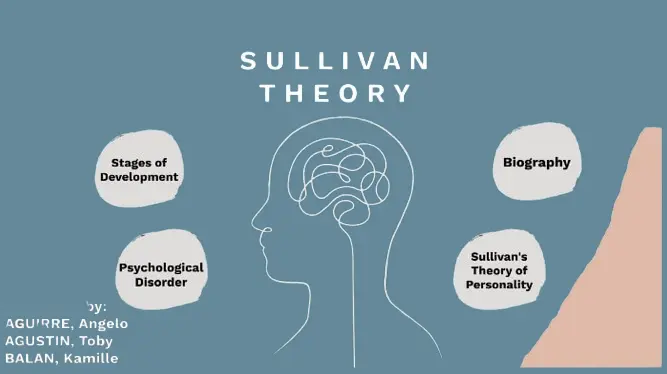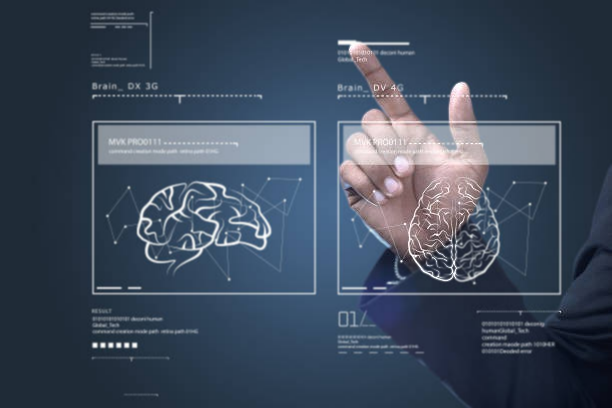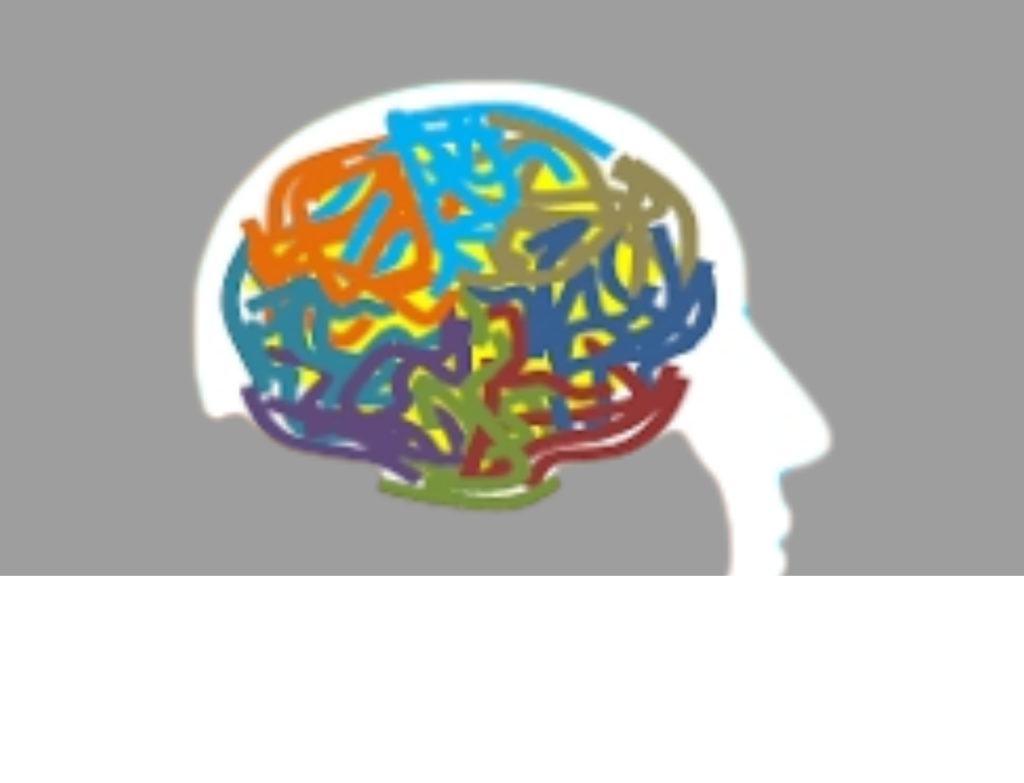A pattern of unreasonable thinking that results in unjustified distrust and mistrust of other people is categorized as paranoia. Although everyone experiences paranoid occasionally, when this way of thinking persists and gets severe, it can cause severe distress, make it difficult to go about daily tasks, and even result in major mental health problems.
In this article, paranoia is discussed. It describes the many forms of paranoia, typical symptoms, and possible causes of paranoid.
What is paranoia?
Paranoia is the sensation that one is being persecuted or threatened without any concrete evidence to support the claim. It is a symptom that has to be evaluated rather than a diagnosis in and of itself. Without any proof, paranoid people think they are being misled, defrauded, or cheated on. In severe situations, they can believe they have a tracking device implanted or are being poisoned.
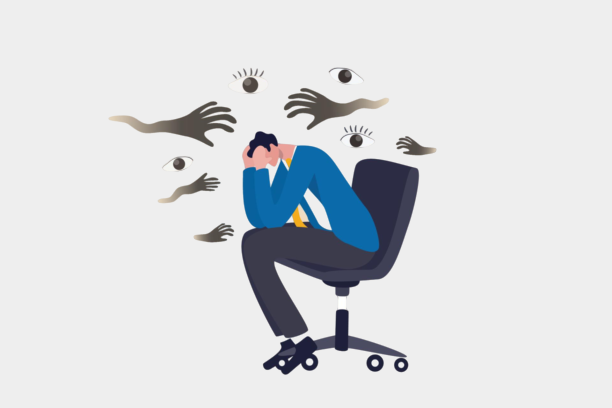
Psychological disorders like schizophrenia, persecutory delusional disorder, and paranoid personality disorder can all include paranoia. Dementia, socioeconomic conditions, health issues, substance abuse, and cultural attitudes can all be connected to it.
Types of Paranoid Disorder
Instead of existing as a separate mental illness, paranoia is a symptom of other mental illnesses. The following conditions are mostly characterized by paranoia.
Type II Delusional Disorder, Persecutor
The paranoid delusions of persecution, such as being targeted by outside conspiracies and threatened, characterize the persecutory subtype of delusional disorder.
Related hallucinations may occur, and some people may even go so far as to phone the police in need of assistance. Stress is one of the triggers, in addition to genetic and biological variables.
The diagnostic criteria include that persecutory delusions must be non-bizarre (meaning they may actually occur), exhibit no signs of other psychotic diseases, such schizophrenia, and last for at least one month.
Paranoid Personality Disorder
As the name suggests, paranoid personality disorder (PPD) is a subtype of personality disorder characterized by paranoid tendencies, such as persistent mistrust and suspicion of other people, even in the absence of any cause for concern.
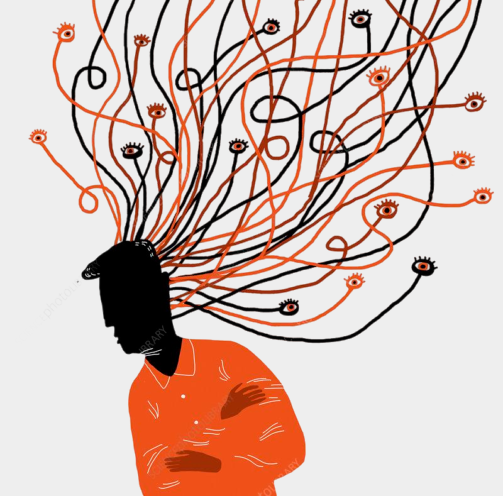
Physical and psychological trauma are among the biochemical, genetic, and environmental variables associated with onset.
The diagnostic criteria for PPD include that symptoms start to show in early adulthood and include mistrust and unfounded suspicion, which makes people reluctant to confide in others, easily agitated, and prone to mistaking kind comments for personal jabs.
Schizophrenia
Schizophrenia can sometimes include paranoia, which impedes one’s ability to distinguish between reality and fantasy. Key symptoms of the mental disorder include hallucinations, delusions, impatience, and difficulty focusing or sleeping.
Paranoid schizophrenia was one of the subtypes of schizophrenia included in previous DSM editions. All of these were included within the primary diagnosis of schizophrenia in the DSM-5.
Delusions, hallucinations, disordered speech, and extremely disordered or catatonic conduct that impairs an individual’s capacity to work, form relationships, and take care of themselves are all considered diagnostic criteria for schizophrenia.
Other Kinds of Paranoia
The symptoms of paranoia might differ according to the underlying assumptions. These ideas have been categorized by scientists into common kinds or themes. Typical subtypes of paranoia include the following:

- Prosecutorial paranoia: The most prevalent subtype is typically thought to be prosecutorial paranoia. It’s the sensation that you’re being watched, harassed, left out, or deliberately undermined. Anger and attempts to neutralize the perceived dangers, such as contacting the police for assistance or relocating in the hopes of escaping the persecutor, are symptoms.
- Grandiosity paranoia: It’s also thought that grandiosity paranoia is frequent. It alludes to self-satisfying beliefs (such as the idea that you are naturally better than other people). Grandiose illusions can cause patients to become combative or aggressive.
- Litigious paranoia: The term “litigious paranoia” describes an irrational inclination to bring the law into regular conflicts. It is typified by arguments, accusations of persecution, the insistence that rights are violated, and attempts to exact revenge.
- Jealousy or erotic paranoia: Jealousy or erotic paranoia is the unfounded belief that your lover or spouse is cheating on you. This subtype uses shaky evidence to validate their innate bias.
Signs and symptoms
Extreme and illogical long-lasting sensations of fear, rage, and unjustified betrayal are hallmarks of paranoia, and they show up in symptoms and actions like:
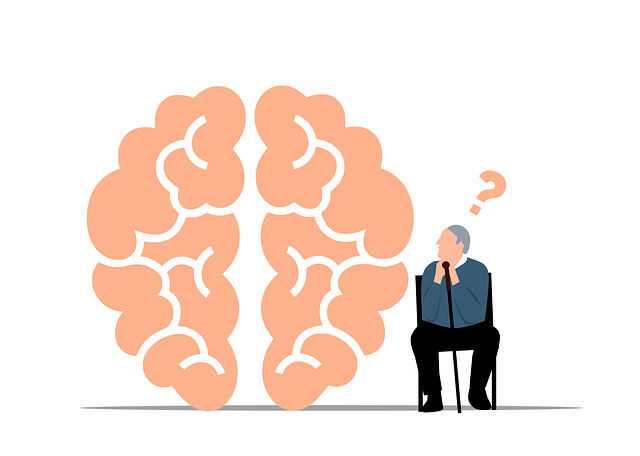
- Argumentativeness
- Taking offense by perceived criticism
- Having trouble forgiving
- hypervigilance
- Incapacity to unwind or persistent anxiety
- Separation
- Having a victim mentality and feeling misinterpreted
- Sensing mistreatment
- obsession with ulterior intentions or fear of being exploited or deceived
- strained interpersonal ties brought on by mistrust
Reasons for Paranoia
The exact source of paranoia is unknown, although research points to a number of possible causes, including specific triggers, traumatic experiences in the past, the environment, and specific mental diseases.
- Possible inputs consist of:
- disorders or illnesses of the brain such Alzheimer’s, dementia, stroke, epilepsy, or tumors
- Toxicity of the brain (induced by toxins or poisons)
- prescription drugs
- Intoxication and withdrawal from substances
- possessing a hereditary inclination toward paranoia
- suffering from abuse and/or trauma
- Social isolation Stress/a significant life transition (such a loved one passing away unexpectedly, losing their job, getting divorced, becoming the victim of a crime, or being unwell)
- Mental health disorders such as delusional disorder, schizophrenia, bipolar illness, and paranoid personality disorder

